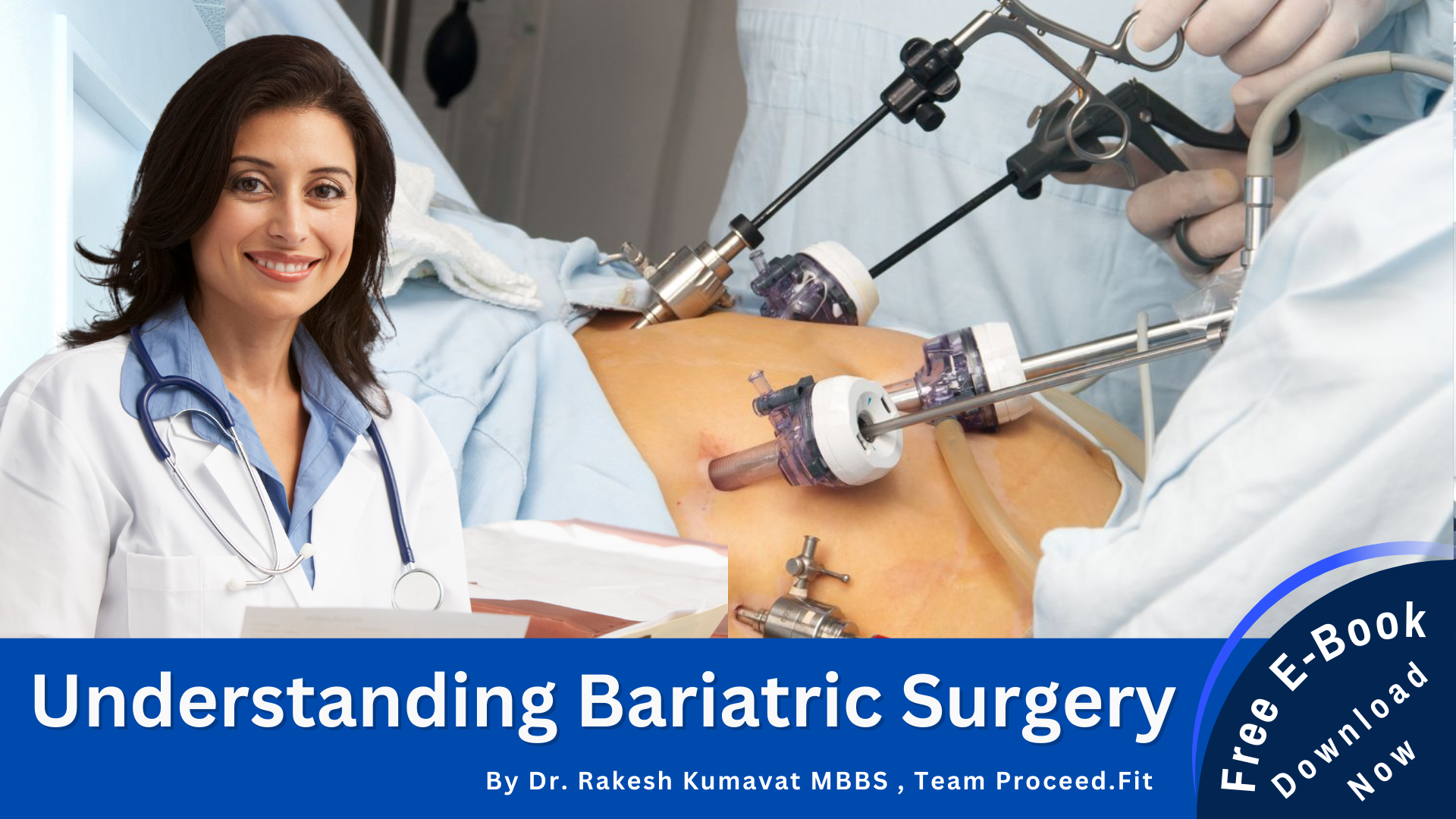How not to mess up your health: The 5 myths busted
Healthcare Oct-04-2024 0
A healthy lifestyle includes many aspects, such as a nutritious diet, daily exercise, seven to eight hours of sleep, and being mentally positive and happy. When we do everything we can to live a healthy lifestyle, our lives are on the right track. Living a healthy lifestyle is essential if you want to lead a life filled with happiness and feel good in the present and in the future. When you choose to live a healthy lifestyle, it will last the rest of your life. It not only makes you live longer but also healthier and less susceptible to illness and disease. A healthy lifestyle is something that we should all strive for.
People tend to follow the wrong tips given by the internet in order to achieve goals like slimming themselves, increasing their height, and attaining a long life. Some people develop wrong beliefs and practice things that are hazardous to their health. Here, the most important thing is to get the correct guidance and differentiate between myths and facts.
Here are five popular myths busted
Myth 1: Carbs are bad for weight loss
After hearing and reading interviews with fitness-freak celebrities, people often give up on carbs and live on protein-rich foods and salads. It is not advisable and can cause problems like gout and kidney problems since there is an excess amount of protein in the body. Carbs are a good source of instant energy, and energy is required to digest proteins and other nutrients. It is a balanced diet that provides nutrients to help your body function properly and become healthy. The importance of diet lies in consuming the proper amount of fresh fruits and vegetables, whole grains, and proteins. Neglecting one of them can cause an imbalance in your diet and problems in the future.
Myth 2: Skipping meals can help you lose weight
Fasting or starving is a very short-term ailment to lose weight. It has more side effects than benefits. Skipping meals can slow down the body’s metabolism and lead to fatigue. It then results in overeating, which is also harmful for our health. A person should have three meals per day at regular intervals. It is important to have a regular and balanced diet.
Myth 3: You can’t prevent a heart attack
A heart attack is a condition in which, for a period of time, the heart doesn’t get a proper amount of blood supply. Some people are susceptible to heart attacks due to genetic factors. A heart attack can be prevented by adopting a healthy lifestyle. There are certain things to keep in mind in order to prevent a heart attack. These include a proper diet with less cholesterol, a cardio workout to increase the efficiency of the heart, and regular body checks to keep track of your heart conditions. A person with high blood pressure or high cholesterol is susceptible to a heart attack and should treat the disease as soon as possible.
Myth 4: Antibiotics can cure all diseases
Antibiotics are medicines used to treat bacterial diseases. Antibiotics must be prescribed by doctors. People generally consume antibiotics without a doctor’s prescription, as overconsumption of antibiotics can develop an antibiotic-resistant strain of bacteria. Drugs like antibiotics have several side effects, including fatigue, headaches, and fever. Antibiotics are not useful in cases of viral disease or a disease developed due to poor immunity or dysfunction of any body part. It is only useful in cases of bacterial diseases and must be used under specific prescription by the doctor.
Myth 5: Spicy and fatty foods are the only causes of acidity
Acidity is actually an over secretion of acid present in the stomach. Its causes may include spicy and fatty foods, but that is not the sole cause. Unhealthy practises like smoking, drinking, and the side effects of medication can also lead to acidity. Also, stress and anxiety can cause acidity.
A person must dust away all the myths by researching and consulting a doctor. It is important to realise that wrong practises can further harm your health rather than benefit it.
Disclaimer: The information provided here is for general informational purposes only and is not intended to be a substitute for professional medical advice, diagnosis, or treatment. If you have any concerns about your health or are experiencing symptoms, it is important to consult with a healthcare professional. They will be able to assess your specific situation and provide you with personalised advice and treatment based on your symptoms, body type, allergies (if any), existing medical conditions etc. It is always a good idea to consult with a healthcare professional before making any decisions about your health.


_.png)
_2.png)


_(1)_1.png)
_1.png)
_1.png)
_(1)_1.png)











.png)

Sorry! You can't submit a comment without logging in first. If you have a general question, please email us at contact@proceed.fit
0 Comments